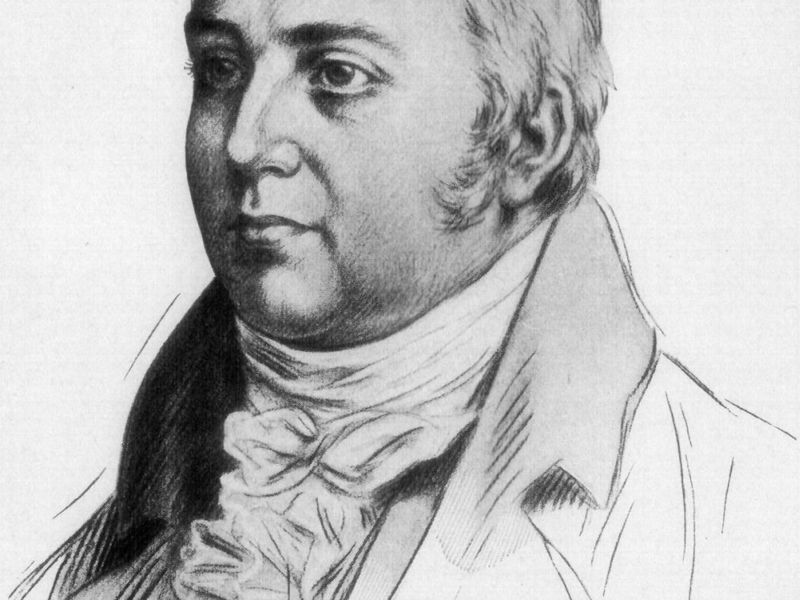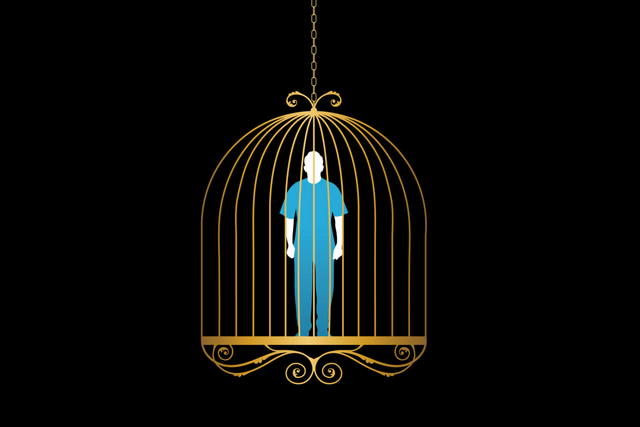
I’m becoming increasingly interested in the academic literature on predatory publishing, especially the differing definitions and argumentative strategies these articles use to illustrate the problem of poor-quality publishing.

I’m becoming increasingly interested in the academic literature on predatory publishing, especially the differing definitions and argumentative strategies these articles use to illustrate the problem of poor-quality publishing.

UK Research and Innovation today published its updated policy on open access. For journals, the policy is simplified and normalised across the disciplines. Immediate open access under CC BY is mandated (with exceptions considered on a case-by-case basis), meaning no embargoes for green open access. Hybrid publishing will not be funded by UKRI where the journal in question does not have a transitional agreement.

As rumours circulate about the forthcoming UKRI open access policy announcement, fierce lobbying is underway by publishers worried that the policy may undermine their business models. Elsevier has even taken the step of directly emailing their UK-based academic editors to criticise the rumoured policy and encourage academics to relay the publisher’s views to UKRI.

It is common knowledge that the academic publishing industry is oligopolistic: a handful of large corporate publishers control the vast majority of the industry. Because it dominates so much of the industry, the oligopoly maintains market power through tentacular economies of scale and control of the publications which libraries must access.
I’ve just published the article ‘Open Access, Plan S and ‘Radically Liberatory’ Forms of Academic Freedom’ in the journal Development and Change . Abstract below. Link: https://doi.org/10.1111/dech.12640 Abstract This opinion piece interrogates the position that open access policies infringe academic freedom.

Originally posted on the LSE Impact Blog The production and distribution of the COVID-19 vaccine is unquestionably good news and hopefully heralds the beginning of the end of the global pandemic. Much of this progress is down to the spirit of collaboration shown by scientists around the world in the race to beat the virus.
On 22 nd September I’ll be participating in a panel on funding and business mechanisms for equitable open access for the 2020 OASPA conference.

Transformative agreements are an increasingly common way for universities and consortia to shift publisher business models towards open access. They do this through a prearranged payment that allows institutions to access subscription content while allowing future research to published in an openly accessible form.

The UKRI open access consultation deadline is this Friday and we’re likely to see a flurry of responses leading up to it. One response to the consultation caught my eye today from the Friends of Coleridge, a society that ‘exists to foster interest in the life and works of the poet Samuel Taylor Coleridge and his circle’. I wanted to jot down a couple of thoughts on this because I think it represents something quite interesting about the way that

On February 26th, what feels like a lifetime ago now, the Los Angeles Times published a column with the headline ‘COVID-19 could kill the for-profit science publishing model.
As this feels like the first day in a while that I have enough concentration to write, I thought I’d take the opportunity to jot down some thoughts guided by the question: what on earth can the pandemic teach us about open access to knowledge? I say this because I don’t have any idea just yet.